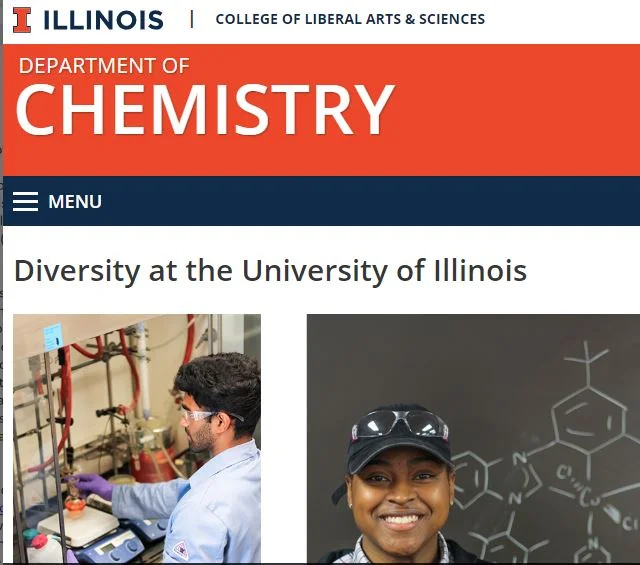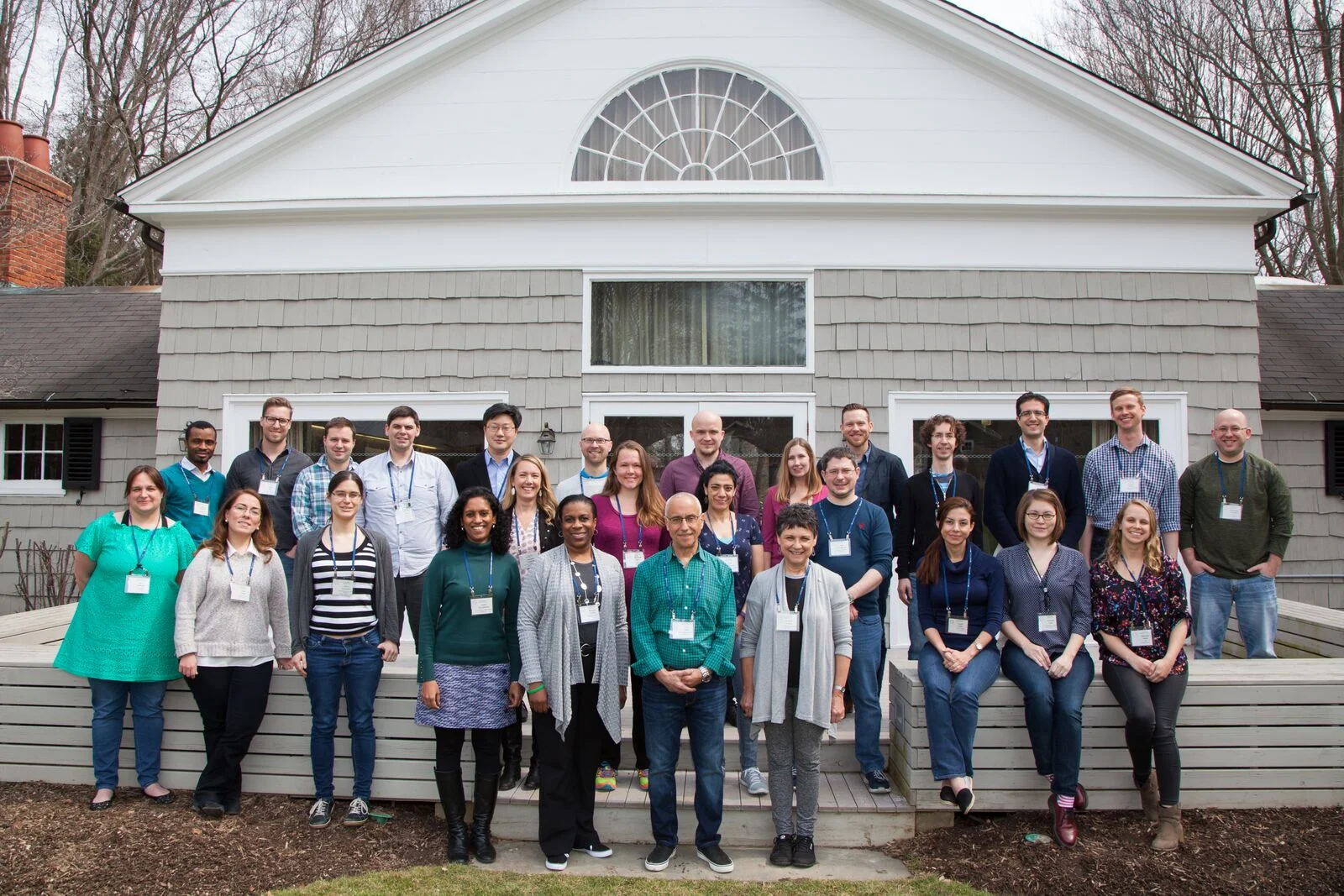Doing science no longer involves (if it ever did) working independently using only the power of intellect and skill to solve the toughest problems. Science is now done in a social context involving collaborations, teams, and complex dependencies on others (mentors, mentees, technical and managerial assistants, lab-mates, administrators of all types). Succeeding in this context requires more than scientific skills, it requires interpersonal, social and group skills.
Most emphatically, you should never hire the best scientist for a management or leadership role. By “best scientist” I mean the candidate who ranks highest only in scientific accomplishment and whose skills in the interpersonal realm are unknown or demonstrably absent.
Organizations that hire eminent scientists for management or leadership roles are making two erroneous assumptions - that you need to be an eminent scientist to lead or manage other scientists or their organizations and that scientists will only accept as a leader a great scientist.
There’s a big difference between being a leader in your scientific discipline and being a leader of scientists and their organizations. Yet we typically conflate these. There’s nothing wrong with wanting an eminent or visionary scientist in your organization. Companies often appoint someone they see as a scientific visionary or an eminent scientist as Chief Scientific Officer because they value their vision and insight. Very often such CSOs have no managerial responsibility and no direct reports, and for very good reason. In those cases, the actual management is done by VPs, Directors, etc.
Hiring or appointing an eminent scientist in an academic setting has its own problems. Unlike in the private sector where advancement is often (but not always) contingent on having a suite of skills that include both scientific experience and interpersonal or management skills, advancement in academia, whether on the tenure track or in leadership roles, is often on the singular basis of scientific achievement.
One reason organizations hire or promote eminent scientists as leaders is that it’s the easy path. Search committees are composed of or heavily weighted with scientists who believe they have the capacity to identify great scientists. It’s what they do all the time, when hiring a new team member for their company, recruiting a new faculty member, reviewing scientists or faculty for promotion, reviewing a grant applications or interviewing a postdoc. Hiring a science leader is treated as more of the same, just with an added emphasis on eminence. Identifying a science leader who has other important skills, e.g. in the interpersonal realm, is harder for many reasons. First is that while most scientists believe they know good science when they see it, fewer think this about interpersonal skills, and for good reason. Many scientists may themselves lack such skills, so how could they be expected to recognize them in others?
Another reason organizations hire eminent scientists rather than excellent managers or leaders is that even if they think such skills are important it may be unclear to them how to assess them. Assessing scientific skills seems easy by comparison – papers published in eminent journals, accolades for insights or breakthroughs in the form of awards, grants funded, election to elite societies, etc. Assessing interpersonal or managerial skills isn’t so straightforward.
How about looking for evidence of past managerial or leadership roles? Surely, hiring someone who is or has been a department chair in an academic institution or has held a leadership role there or in a company is a good place to start? Perhaps, but that’s all it is, a place to start. In many cases evidence of past management or leadership roles is useful only to rule out those who have a documented record of disaster or dysfunction. Most of us know of innumerable examples of such hires who didn’t work out. The reason they didn’t work out is that unlike piloting a Boeing 757 where you undergo hours of training and simulation and where flying the plane is de facto proof that you can do it, no such considerations can be applied to those who hold management or leadership roles. Many managers or leaders sleepwalk through their roles hoping only not to create a catastrophe.
Especially in the case of academic leadership roles (e.g. Department Chair) it’s hard to know how successful someone has been. The measures are either fuzzy or non-existent, and such assessments as do exist may be made by other academics who themselves wouldn’t recognize good leadership if it ran them over in the street. Often the best you can do is to look for the absence of malfeasance, a distressingly low bar.
Hiring an eminent scientist for a management or leadership role may actually make it less likely that you will get someone who also has excellent skills in the interpersonal or managerial areas. The reason is that eminent scientists can and do advance based solely on their scientific accomplishments. They can be totally lacking in interpersonal and related skills and still get advanced into managerial or leadership roles. On the other hand, chances are that a scientist who is merely excellent or highly competent (without being eminent) will likely have needed a suite of other skills in order to have advanced to such roles.
Whether you have a candidate who is an eminent scientist or one who is an excellent or competent one, you still need to make an assessment of their interpersonal, managerial and leaderships skills and capabilities. This is a complex process which for many organizations is best placed in the hands of competent professional recruiters. Recruiters know how to ask candidates and their references probing questions that can uncover strengths and weaknesses that amateurs (most search committees) will miss. In other cases, a skilled member of a human resources team may fill this role, but don’t count on it. If you’re thinking of having HR do some of the interviewing or background checking, make sure that those involved have specific training or expertise in interviewing. Barring hiring a recruiter (the good ones are expensive) or using HR, even a little reading can be extremely helpful (see references). Tools such as behavioral interviewing of candidates and listening between the lines with references are easy to learn for those who have good interpersonal skills. If that’s not you, go to HR or recruiters for help.
The bottom-line is don’t limit your search for managers or leaders to eminent or famous scientists. Expanding the candidate pool to include merely excellent or highly competent scientists who have other important skills may put you on a trajectory towards having an organization with well-rounded and capable managers and leaders. Similarly, don’t focus only on scientific capability when hiring a bench scientist or post-doc. Looking for people who can work well with others, collaborate effectively, and manage their own behavior in difficult situations may yield higher scientific productivity in the long run.
Carl M. Cohen, Ph.D.
President, Science Management Associates
www.sciencema.com
References
“Lab Dynamics: Management and Leadership Skills for Scientists”, Carl M Cohen and Suzanne L Cohen, 2018, Third ed. Cold Spring Harbor Laboratory Press. See Chapter 4: “Bring them on! Interviewing, selecting and Hiring Scientists” and Chapter 12: “Leading Science: Empathy Rules”
“Hire With Your Head: Using performance-based hiring to build great teams” Lou Adler, 2007, Wiley.
Download a sharable PDF of this article here.











